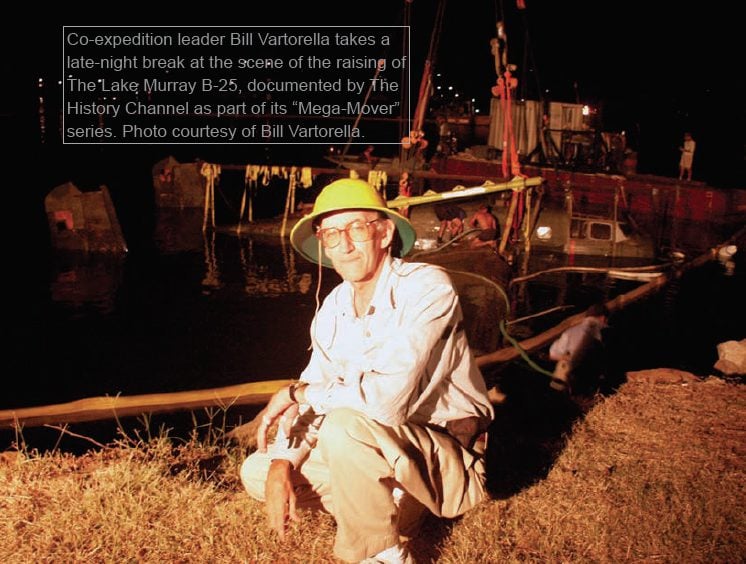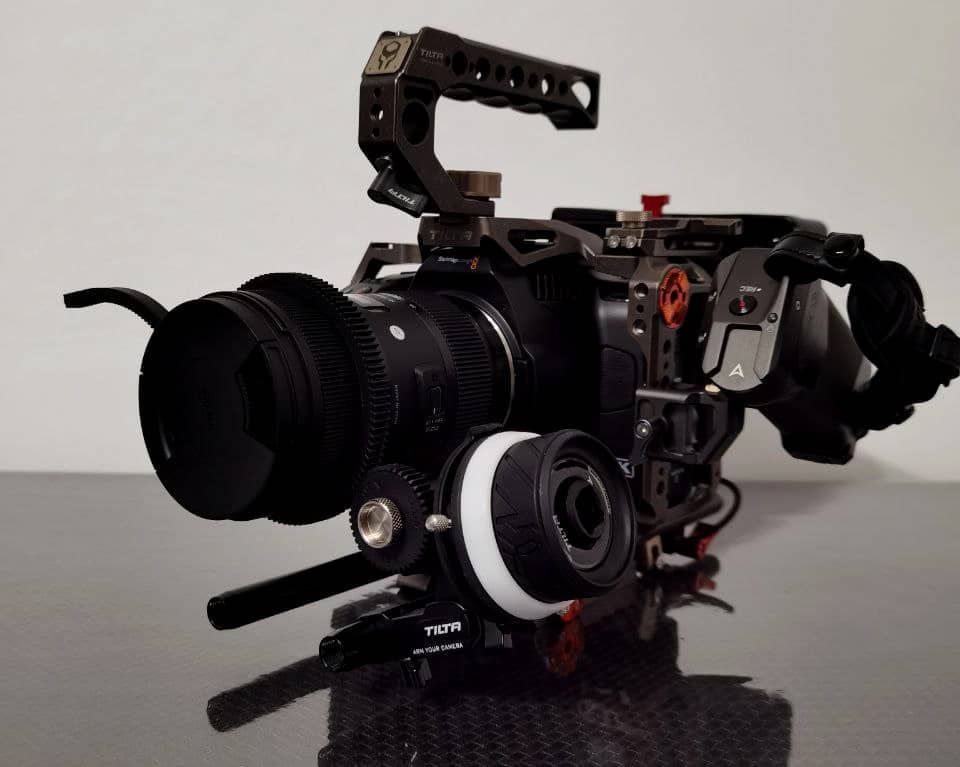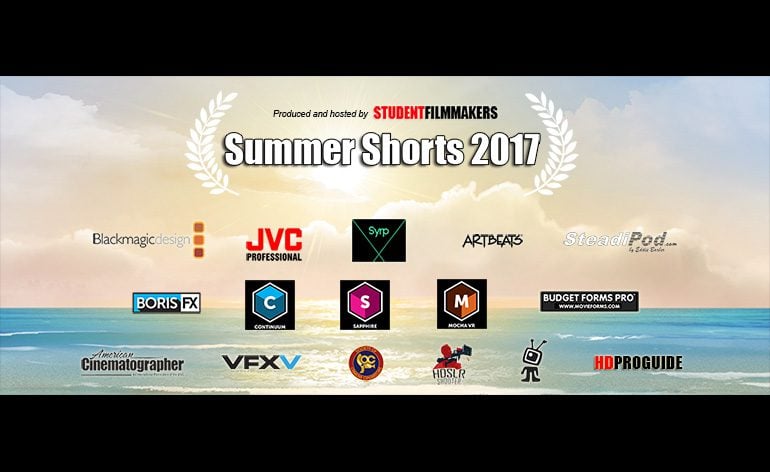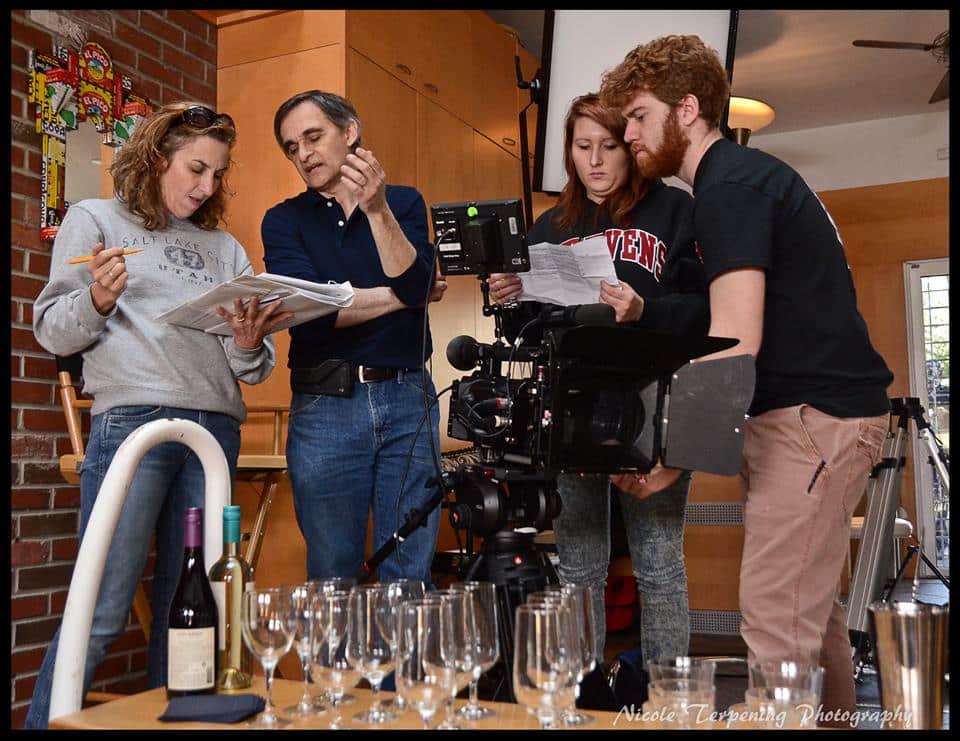Interview conducted by Jody Michelle Solis
Vartorella Tips:
Top 3 Things Investors Want to See During the Pitch
(1.) Enthusiasm
(2.) Honesty.
(3.) Realism.
Honesty is critical as it is the least-used strategy in American business. The realism part is on the money side. Know the basics of above-the-line and below-the-line costs. The enthusiasm should be obvious. But it comes with a caveat. Be enthusiastic about the other person’s questions. And tantalize with small financial nuggets, such as the incentive situation in states such as Florida, Georgia, or Louisiana. Or “imported from Detroit” with up to a 42% incentive.
Bill Vartorella is no stranger to film, whether from the creative side (taught screenwriting at the university level), exotic location “scouts” (the rainforest of Guyana), or the business perspective (film incentives advisor to State and international governmental Film Commissions). He helped secure funding for and assisted in the build-out of a broadcast quality college TV facility and developed internships at major media in the U.S. and Europe, including ABC Network. He has appeared in BBC, Hollywood film, and educational TV productions–often for “the blink of an eye.” Vartorella was a co-expedition leader featured in The History Channel’s The Lake Murray B-25 (Mega-Mover series), where his behind-the-scenes work included help negotiating the contract for the expedition and securing film tax incentives for the expedition leaders.
Vartorella shares his insights and tips in this candid interview.
StudentFilmmakers Magazine: You once said that “the big thing young filmmakers don’t understand is opportunity is everywhere – but they have to be ready.” What are some examples of opportunities that young and startup filmmakers might not be aware exist?
William F. Vartorella, Ph.D., C.B.C.: Every aspiring filmmaker should read Edgar Allan Poe’s “The Purloined Letter.” The point here is opportunities are in “plain sight.” Everyone wants to go to a premiere, but they are thinking of film, which isn’t where you have the best chance of meeting investors (or, producers, for that matter). Too much competition. Young filmmakers should shadow gallery openings in major cities. Dress creatively, go to the gallery on a rainy day, sign-up for their e-mail list. Why? Directors, executive producers, actors collect art. Take a look at the annual collector’s issue of, say, Art and Antiques. You need to know which A-list actor collects ancient Egyptian bronzes. Instead of, “I loved you in,…” you ask some simple question, based upon a little reading, about his collection. Not quite the same as seeing someone’s etchings. Point is, think strategically. You want to get invited to openings – art openings. And take someone along who is an art history major who knows the reference of “Bonfire of the Vanities.” You’re there ultimately to talk about your film project; s/he handles the discussion of falcated brush strokes.
“Follow the money.” Join a museum (student rate) which at least occasionally reprises, say, film noir. Go to openings of small pictures, buy some popcorn and water. Remember this: the big dogs drink water. Look around. They are the folks you want to meet. A reception is no time for a buzz. In particular, don’t be afraid to be literate. I met an aspiring actor (female) in the City. I asked her what she had read recently. She blushed. “Petronius.” (For the classically-challenged, he wrote “The Satyricon.” You may have seen the film.) She was a classics major, ultimately headed for the business side of film, via law school. My response: “Business card?”
Go to your dark, primal side. Embrace motorsports. Stay with me on this. We’re not talking about re-making Grand Prix or, separately, Steve McQueen’s memorable quotation, “Racing is life. All the rest is just waiting.” We’re talking about money. The uber-rich are involved in Formula One (which will be racing soon in Austin, Texas). They don’t call it “The Circus” for nothing. My mantra here is simple: be where money is. And competition isn’t. An art gallery. At the racetrack. At a charity event.
StudentFilmmakers Magazine: When you say, “they have to be ready,” what do you mean by that? What things should young and startup filmmakers be armed with and have ready in their guerilla filmmaker arsenal?
William F. Vartorella, Ph.D., C.B.C.: You’re on an airplane or in an airport gate area. First, if you are traveling, this might be a rare time when the black T-shirt “uniform” might prove useful. At least look like a creative type. Second, choose your reading material carefully. Instead of The Story of O or Justine, the latest issues of Variety or The Hollywood Reporter are great choices. People notice. Carry a business card. “Are you a filmmaker?”
Answer is “yes.” “Are you good?” Answer is “yes.” “What have you made that I might have seen?” Improvise, with the truth. “I did a short that appeared at “x”, or, “I did a short that won a small award” or whatever is honest. If you have a trailer on your cell phone, rough “dailies” or something to show, do it. Remember, counts. Carry a synopsis. Now you have moved from not being on everyone’s lips to at least someone with a story to tell. Everyone likes a good story. People give money to people, not necessarily ideas.
Guerilla arsenal? Synopsis, case-hardened practice on your short, short pitch, and the ability to ask these questions: “What kind of movies do you enjoy?” “Have you ever been on a film set?” “Do you know anyone with cash who might be willing to make a small, reasonably safe investment?” Answer to the first will give you an idea whether you’re in the ballpark. Second, indicates experience (few have, obviously), but more importantly, piques interest. Third is very straightforward and opens discussion. With digital gear and the Internet, the cost of filmmaking is not only attainable, but accessable to even small, qualified investors – here a technical term for those with demonstrable assets of U.S. $1 million or more.
Books? Three in particular, D.B. Gilles, The Portable Film School, Josh Horowitz’s The Mind of the Modern Moviemaker, and – finally and most important – Gunnar Erickson and others, The Independent Film Producer’s Survival Guide. The last is especially useful as it gives you insight into how to talk to your entertainment attorney.
Finally, social media. The average time spent online embracing social media has risen to about five hours per day. For the moment, it’s the next big thing. And YouTube is a great place to look for interviews on film pitches, etc.
Vartorella Tip:
Common Questions Investors Ask
If the investor is film-savvy, they will ask:
(1.) Who is “attached”?
(2.) How is the deal structured?
(3.) Is distribution in place?
If the investor is not film-savvy, they will ask:
(1.) Who is “starring”?
(2.) When do we make money?
(3.) Can I read the script?
The scary question is the last one.





